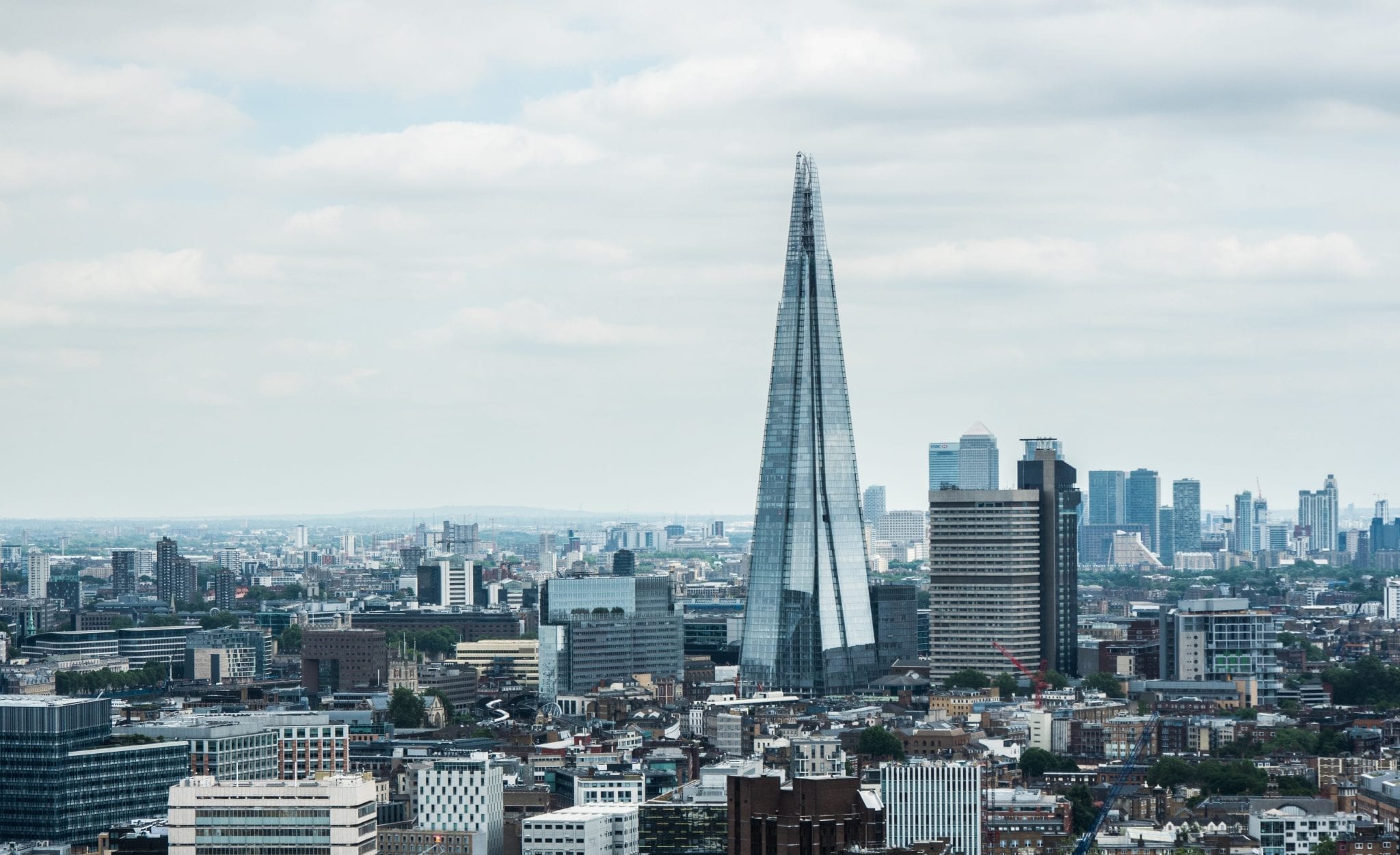Grim warnings have been coming from Bank of England’s top officials on the heels of rising prices in London’s commercial real estate market. While prices as a whole are currently below the peak reached in 2007, property costs in central London and the downtown area are far higher.
Grim warnings have been coming from Bank of England’s top officials on the heels of rising prices in London’s commercial real estate market. While prices as a whole are currently below the peak reached in 2007, property costs in central London and the downtown area are far higher.
Elisabeth Stheeman, the newest member of the Bank of England’s Financial Policy Committee (FPC), said that inflated commercial real estate costs could potentially create a credit risk for banks and a threat to the national economy. This is largely due to the fact that many well-maintained commercial properties are used by small firms to back loans. Prices are projected to fall, and when they do, these small companies may lose their primary source of financing.
![Bank of England, Threadneedle Street, London, England; photo by Adrian Pingstone [Public domain], via Wikimedia Commons.](https://new.legalreader.com/wp-content//uploads/sites/3/2018/02/London.bankofengland.arp_.jpg)
“At the UK-wide level, commercial property prices rest on persistently low interest rates, but at the same time, they’re factoring in typical rental growth prospects and degree of uncertainty around them,” he declared on Thursday. “It seems unlikely that rates can be so persistently low without either weaker growth prospects or more uncertainty.”
A Post-Brexit Economy
In the wake of Brexit, the economic stability of England as a whole is at risk. Companies are already expected to lose financing and work force as the country moved to leave the E.U. in 2019. Teetering commercial real estate prices are just compounding upon this inevitability, creating a bleak future for small companies across the United Kingdom. An uncertain future for these businesses is expected to lead to firms relocating.
“It’s important to create some kind of certainty for firms. Otherwise, they may be pushed into taking decisions,” Stheeman said. Creating more stable prices in the commercial real estate market could help to spur corporate growth across the U.K., helping to revitalize the country’s economy, but the change could take years.
Warnings from the Bank of England predict that the current trend of inflated commercial real estate prices can’t continue. In order to help stabilize England’s economy in a post-Brexit society, it’s critical that the issue is addressed to help encourage local corporate growth.


Join the conversation!